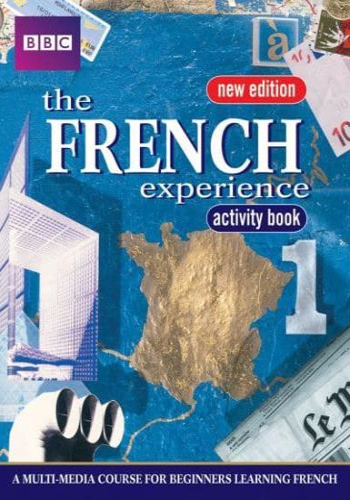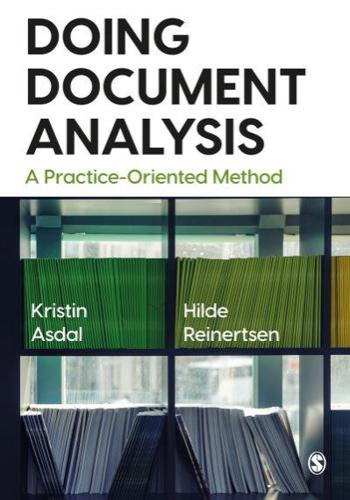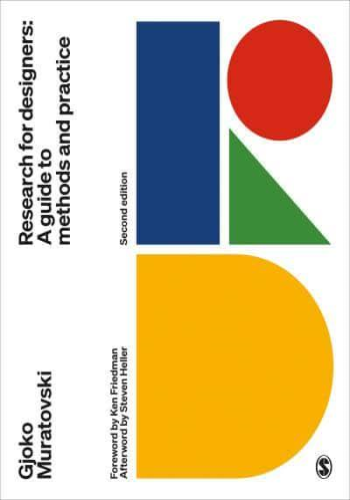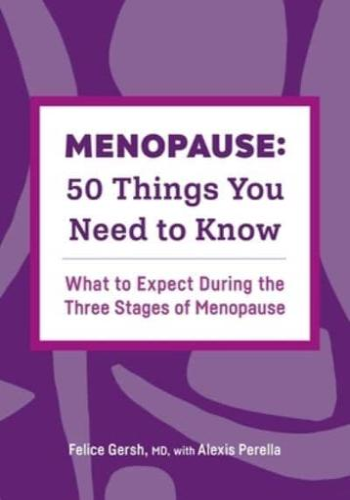Chapter 1: Greetings and Introductions
* Introduces basic French greetings, such as "bonjour" (hello) and "bonsoir" (good evening).
* Explains the use of formal and informal forms of address, depending on the situation.
* Example: You greet a friend by saying "Salut, ça va?" (How's it going?).
Chapter 2: Everyday Communication
* Covers common phrases for making requests, expressing likes and dislikes, and asking for information.
* Includes vocabulary for daily activities, such as going to the bakery, shopping, and ordering food.
* Example: You ask a waiter for the menu by saying "Puis-je voir le menu, s'il vous plaît?" (Could I see the menu, please?).
Chapter 3: Making Friends and Socializing
* Provides phrases for introducing yourself, making small talk, and inviting someone out.
* Introduces cultural norms for social interactions, such as the importance of "politesse" (politeness).
* Example: You introduce yourself at a party by saying "Je m'appelle Jean. Enchanté(e) de faire votre connaissance." (My name is Jean. It's a pleasure to meet you.).
Chapter 4: Traveling and Getting Around
* Covers vocabulary and phrases for navigating cities, asking for directions, and booking transportation.
* Includes information on French road signs and public transportation systems.
* Example: You ask for directions to the Eiffel Tower by saying "Excusez-moi, où se trouve la Tour Eiffel?" (Excuse me, where is the Eiffel Tower?).
Chapter 5: Shopping and Services
* Provides phrases for making purchases, asking for assistance, and giving feedback.
* Includes vocabulary for different types of shops and services, such as pharmacies, banks, and supermarkets.
* Example: You ask a cashier for help by saying "Excusez-moi, j'ai besoin d'aide." (Excuse me, I need some help.).
Chapter 6: Food and Dining
* Covers vocabulary and phrases related to food, cooking, and dining out.
* Includes information on French cuisine and dining etiquette.
* Example: You order a croissant at a café by saying "Je voudrais un croissant, s'il vous plaît." (I would like a croissant, please.).
Chapter 7: Health and Emergencies
* Provides phrases for dealing with medical emergencies, finding a doctor, and getting medication.
* Includes basic vocabulary for describing symptoms and asking for help.
* Example: You call for help after an accident by saying "Au secours! J'ai besoin d'aide!" (Help me! I need help!).







